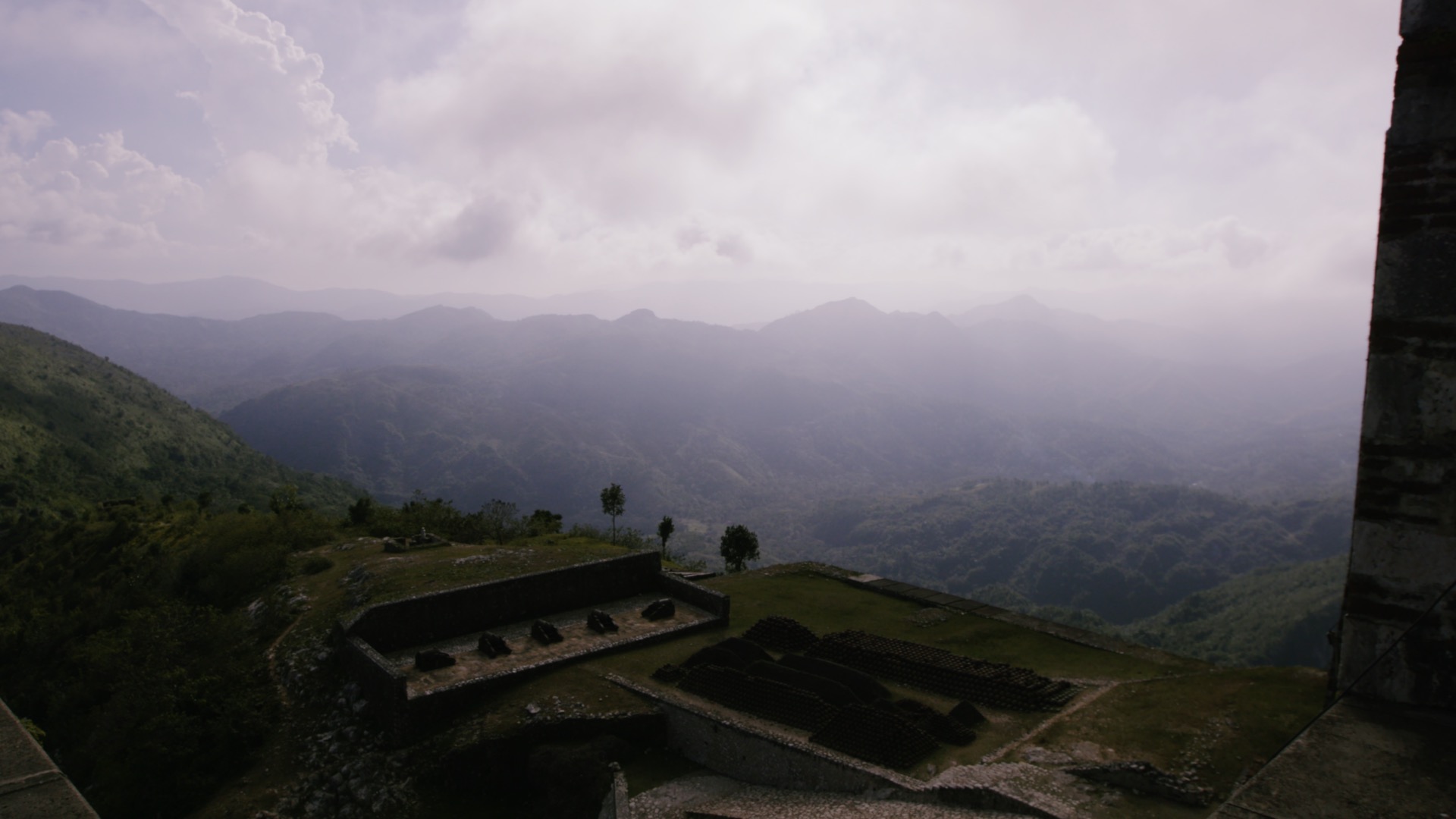
In Haiti, quality health care is expensive and uncommon. Many Haitians do not consider health care a priority, though in reality it is a vital need. Kay Lasante provides free, high-quality health care services by Haitians, for Haitians, in Port-au-Prince. Kay Lasante means "House of Health" in Haitian Creole. This philosophy is meant to invite the community into the facility for preventative care from Haitian health professionals who understand their daily struggles, and have benefitted from training financed by Kay Lasante. This model is unique and efficient because it leverages the power of community-supported health care without depending on international aid workers. Kay Lasante serves as a model for other institutions by providing health services with compassion, dignity, and respect for each person.
Kay Lasante had two problems that needed solving. First, they needed to energize their base of loyal supporters, to combat "Haiti Fatigue" (the idea that people eventually tire of giving to charitable organizations in Haiti). Second, they needed a way to effectively communicate their unique work to potential new donors. Solving both of these problems would lead to increased fundraising. Much of the fundraising happens in the U.S. by Bishop Thomas Gumbleton, of Detroit, who has a history of fighting for rights and against violence in countries around the world, including Iraq, Iran, and Haiti.
Small Forces' objective was to create an impactful video story that could function as an identity piece for Kay Lasante for fundraising and social media, and grow their organization.
Storytelling is at the forefront of the mission of Small Forces. We believe that small, grassroots organizations with creative ideas can solve our world's biggest problems. It is our mission to amplify their work with well-crafted stories that inspire their audiences and create impact. Our strategy was to create a documentary-style video campaign that would capture the human story of Kay Lasante and the true spirit of the Haitians working there and benefitting from the services.
We set out to show the authentic stories unfolding at the clinic in Haiti. With documentary storytelling as our expertise, we captured the work being done at Kay Lasante through a "fly on the wall" approach. Traveling with a small and versatile crew kept costs low, with a team of only three on the ground in Haiti. We were able to fully embed in the clinic for a week to capture the spirit of the people.
To battle "Haiti Fatigue," or the idea that people eventually tire of giving to charitable organizations in Haiti, which is the most impoverished nation in the Western Hemisphere, we chose to show Haiti's beauty. Not many images that come out of Haiti celebrate the mountainous landscape or the impressive history of fighting for freedom. In order for our audience to understand the importance of the clinic's work, they first needed to feel connected to Haiti as a country.
It was also important to interview the Haitians benefitting from the organization - the patients and the staff - in their native language of Haitian Creole, which added to the authenticity of the story. "They welcome you, they hug you, they treat you with humanity," an older lady, who has been a patient for years, told us through a translator. "We still need to have a bigger facility that can provide more services, surgery, inpatient," said a passionate nurse, whose education was paid for by the organization. These are the types of quotes - from real people, not actors - that inspire the audience to connect and donate.
When we returned to the U.S., we created both a trailer and a 6-minute short film for Kay Lasante to use on their website, in their newsletter, and in social media. We helped them with the roll out of the story on all of their platforms.
"In a very short time you were able to get across the contradictions of Haiti, a beautiful country, it has been and could be, the natural beauty of the place, and also the goodness of the people, which comes across so well, and yet their desperation, and yet, in spite of that, their hopefulness," said Bishop Thomas Gumbleton. "Anyone who sees it is totally impressed and almost immediately wants to say, what can I do to help?"
Our long-term strategy is for this video to be a tool for them for years to come, for use in all fundraising scenarios: from galas, to grant applications, to individual appeals, and beyond.
The video campaign, released this summer, is already showing fundraising returns for Kay Lasante. We measure success in our ability to meet the two goals of the campaign: energize loyal supporters and engage new supporters. Here are two examples of this success:
Thea and her husband Mark of North Carolina have been supporting Kay Lasante since 2009. "I was so struck by how you captured the spirit of the Haitian people," Thea said. "It made it so real. I couldn't imagine it being more real." Thea said she told her husband to "write a check right now" after they saw the film online, and used the video to solicit donations from family and friends.
Margaret has worked with nonprofit organizations in Haiti for a long time, but had not come across Kay Lasante until seeing this video campaign. After watching the story, she committed to donate thousands of dollars, a meaningful number for a grassroots organization like Kay Lasante.
"People that watch it are very impressed and moved, which is what you want because they get out their checkbook," said Bishop Gumbleton.
These are just a few stories of the many that show the strategy we implemented to grow Kay Lasante has been successful. Ultimately, for grassroots nonprofits to grow, they need a tool to tell their story well. Small Forces delivers this tool for them, and looks forward to the continued success and growth of the clinic that helps more than 600 Haitians every month.




